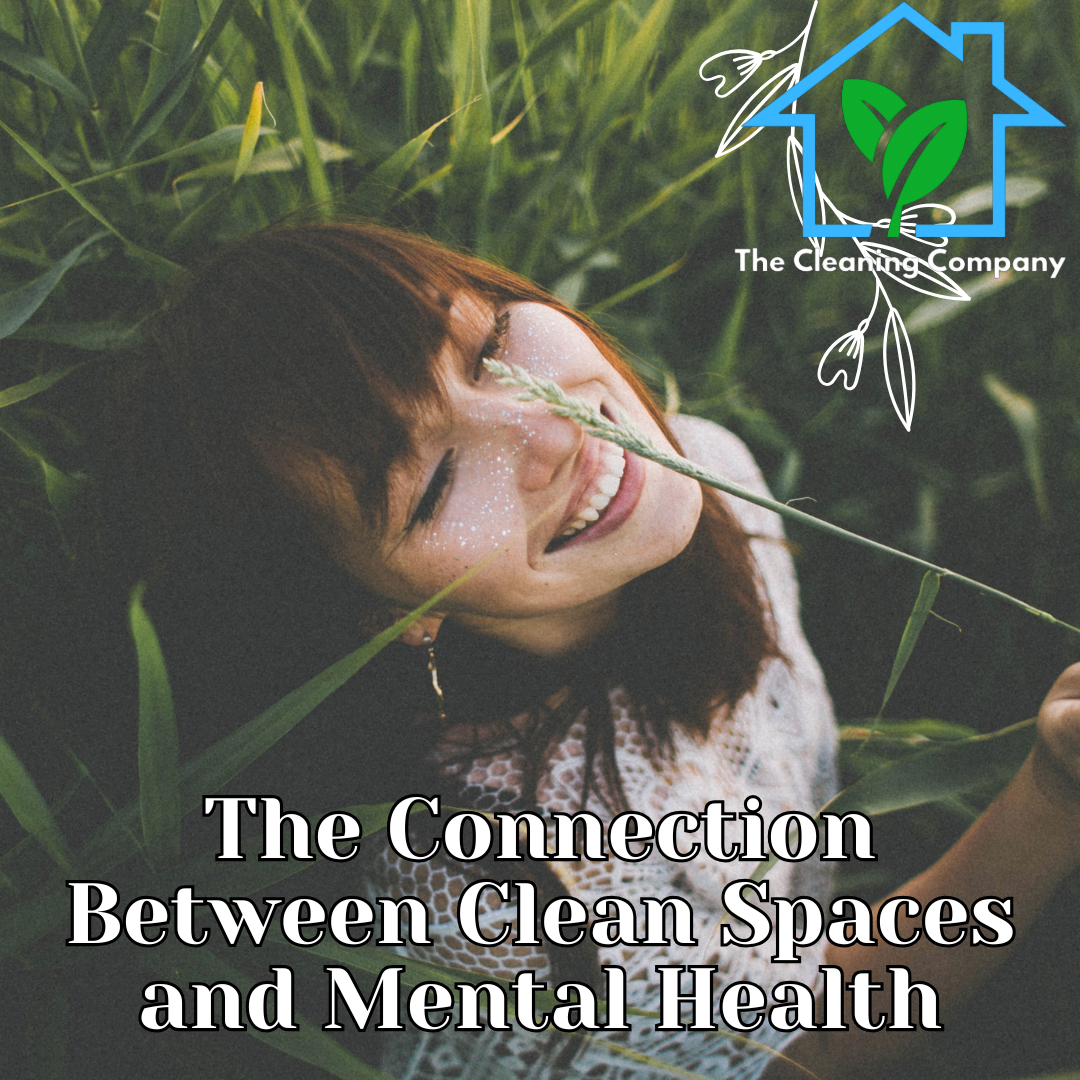
The Connection Between Clean Spaces and Mental Health
Share
When we think of cleanliness, we often associate it with physical hygiene and order. However, did you know that maintaining a clean and organized environment can significantly impact your mental well-being? The connection between clean spaces and mental health has been well-documented, with numerous studies highlighting the positive effects of a tidy environment on mood, stress levels, and overall mental clarity. In this blog post, we will explore the science behind this connection and offer some practical tips and tricks to create spaces that promote mental health.
1. The Science Behind Clean Spaces and Mental Health
A clean space is not just about the aesthetic appeal of a well-kept room; it's about the psychological benefits that come with it. According to research, cluttered and disorganized spaces can cause feelings of stress, anxiety, and even depression. This is because clutter is often seen as a visual reminder of unfinished tasks, which can be overwhelming.
On the other hand, a clean and organized environment allows for better focus, reduces distractions, and promotes a sense of control and calm. Research from the Princeton University Neuroscience Institute found that physical clutter in the environment competes for your attention, making it harder to focus on any one thing. Simply put, cleaning up your space might help clear your mind.
2. Tips for Creating a Mentally Healthy Space
Creating an environment that supports mental well-being doesn't have to be a daunting task. Here are some easy-to-follow tips for making your space a place that promotes mental clarity and peace.
Tip 1: Declutter Regularly
Clutter can accumulate quickly, especially in high-traffic areas. Make it a habit to declutter your space at least once a week. Start small, focusing on one area at a time (e.g., your desk or kitchen counters), and make sure everything has a designated place.
Tip 2: Keep Surfaces Clean
Dust, dirt, and grime can contribute to a sense of discomfort and unease. Regularly cleaning surfaces like countertops, tables, and floors can reduce allergens and create a fresh, welcoming atmosphere.
Tip 3: Incorporate Greenery
Studies have shown that having plants in your living or work space can reduce stress and increase feelings of relaxation. Consider adding some indoor plants to your space, as they can improve air quality and boost your mood.
Tip 4: Minimize Overstimulating Colors
While bright colors like red and yellow can energize, they can also be overstimulating in large amounts. To promote calmness, opt for soothing colors like blue, green, or neutral tones for your walls and furniture.
Tip 5: Create a Dedicated Space for Relaxation
Having a specific area in your home dedicated to relaxation can do wonders for your mental health. Whether it's a cozy corner with a comfy chair or a small room for meditation, creating a place where you can unwind and escape the chaos of daily life can help lower stress levels.
3. Fun Mental Health Trivia
-
Clutter Can Affect Decision-Making: A study conducted by the UCLA Center on Everyday Lives of Families found that women with more clutter in their homes had higher levels of cortisol, a stress hormone. The more clutter, the more overwhelmed people feel, which can lead to difficulties in decision-making.
-
Clean Spaces Improve Productivity: Research from the University of Minnesota found that employees in clean, organized environments were 20% more productive than those in messy workspaces. A tidy space helps reduce distractions and allows individuals to focus more effectively on tasks.
-
Happiness Is Contagious: According to a study by the University of Warwick, individuals who have a clean and orderly home are more likely to report feeling satisfied with their lives. The positive energy from a well-maintained environment can actually spread, improving overall mental health and happiness.
4. The Role of Cleaning as a Mindfulness Practice
Cleaning can be more than just a task; it can be a form of mindfulness. Focusing on the task at hand—whether it's wiping down surfaces, sorting through items, or vacuuming—can provide a mental break from worries and help center your thoughts.
By turning cleaning into a mindful practice, you're not just making your space cleaner; you're also taking time to clear your mind and focus on the present moment. This can be incredibly beneficial for reducing stress and boosting mental well-being.
Conclusion
The connection between clean spaces and mental health is undeniable. A clean, organized environment can reduce stress, increase focus, and enhance overall mood. By following a few simple tips and tricks, you can create a space that supports your mental well-being, making it a sanctuary for relaxation and productivity.
Whether you're tidying up your home, office, or a small corner dedicated to self-care, remember that your environment plays a crucial role in your mental health. So, why not start today? Clean up your space and experience the positive impact it can have on your mind and mood.
Interested in learning more about how a clean environment can help improve your life? Let me know!